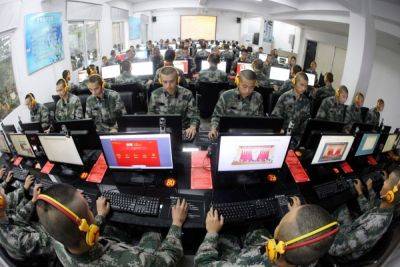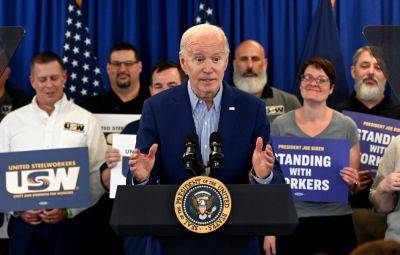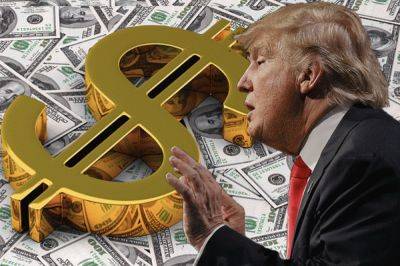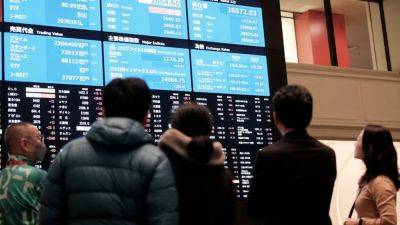China’s big bet on ‘new quality productive forces’
Don’t tell Donald Trump, but his pledge to impose 60% tariffs on Chinese goods may help accelerate Xi Jinping’s efforts to move Asia’s biggest economy upmarket in ways Washington never saw coming.
Granted, President Xi has been previewing his buzz-phrase of “new quality productive forces” since at least last September. Though cryptic and a tad ambiguous, Xi’s inner circle has been selling it as the answer to China’s economic future.
Little did Team Xi know that former US president Trump would be helping the Communist Party sell the strategy. In the months since September and the National People’s Congress in early March, Trump unveiled his plan to make trade wars great again.
On top of crushing new import taxes, Trump says he plans to revoke China’s “most favored nation” status if elected in November. These steps could make Trump’s 2017-2021 stint in the White House seem tame by comparison.
In doing so, Trump’s Republican Party is reminding Xi’s party of the folly of acting time and time again to boost domestic demand-led growth.
To be sure, China wants to get its consumers to spend more and save less to keep growth near 5% year after year. That means continuing to raise incomes and building more robust social safety nets to encourage spending.
It also means creating deeper, trusted capital markets so the average Chinese can invest in stocks and bonds — not just real estate.
Yet Beijing’s extreme focus on goosing consumption time and time again is counterproductive, many economists say. It leaves China susceptible to boom-and-bust cycles that require urgent attention at the expense of moving the economy upmarket. And China’s heavy reliance on exports leaves the economy vulnerable to Trump-like trade war antics.
There’s







